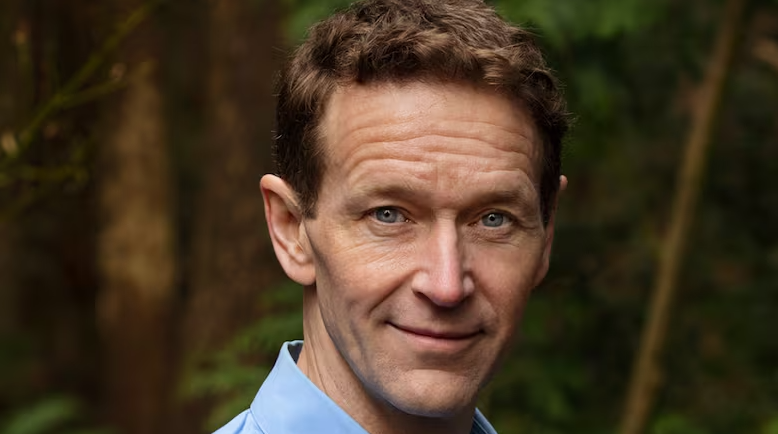B.C. Author Takes on Tech Titans Over AI Use of Copyrighted Books in Landmark Lawsuits
Noah Chen
7/31/20252 min read


A Vancouver author is leading a legal showdown against some of the world’s most powerful tech firms, claiming they used his copyrighted books—and those of other Canadian authors—without permission to build artificial intelligence systems.
J.B. MacKinnon, known for The 100-Mile Diet and The Once and Future World, is the representative plaintiff in a proposed class-action lawsuit filed in B.C. Supreme Court against Nvidia, a $4.28-trillion company and global AI leader. The claim alleges Nvidia used a dataset of nearly 200,000 books—MacKinnon’s included—without consent or licensing to train its large language models (LLMs).
“These models weren’t trained on a few excerpts or stray sentences,” MacKinnon told CBC. “They were built entirely on the unauthorized use of copyrighted material. And now they’re poised to replace the very people whose work they were trained on.”
MacKinnon is also the lead plaintiff in three related lawsuits against Meta (Facebook), Anthropic, and Databricks, each accused of the same: illegally mining Canadian-authored works to create and profit from AI technologies. All four lawsuits require court certification to proceed as class actions.
The lawsuits claim that the companies knowingly concealed the use of copyrighted content by stripping metadata and training their models to deny involvement with copyrighted works when questioned—allegations that, if proven, could result in punitive damages.
“The suggestion is that these companies knew what they were doing was wrong, and they did it anyway,” said MacKinnon. “If that’s shown in court, I hope the consequences go beyond just paying damages. There needs to be accountability.”
A representative for Nvidia declined to comment on the case when contacted by CBC News.
The lawsuits come amid mounting global scrutiny over how AI models are trained and whether the use of copyrighted content—often scraped from the internet or obtained through questionable datasets—violates intellectual property law. A recent ruling in San Francisco sided with Anthropic in a similar case, suggesting that training AI models on books could be considered “transformative” under U.S. fair use doctrine. However, the court left open the possibility that pirated data may warrant separate legal consideration.
MacKinnon’s lawyer, Reidar Mogerman, said that while technological innovation should be protected, it cannot come at the cost of creative workers' rights.
“These companies are building billion-dollar tools on the backs of unpaid, uncompensated creative labour,” Mogerman said. “You can’t just toss copyright law out the window to make a profit—especially when the resulting products directly threaten the livelihoods of the people whose work made it possible.”
The outcome of these lawsuits could shape the legal landscape for AI and copyright worldwide, especially as more authors and creators demand transparency and fair compensation for how their works are being used in the digital age.
“Writers aren’t trying to stop innovation,” MacKinnon added. “We just want a future where human creativity is still valued—and protected.”
News
Stay updated with the latest BC news stories, subscribe to our newsletter today.
SUBSCRIBE
© 2025 Innovatory Labs Inc.. All rights reserved.
LINKS
